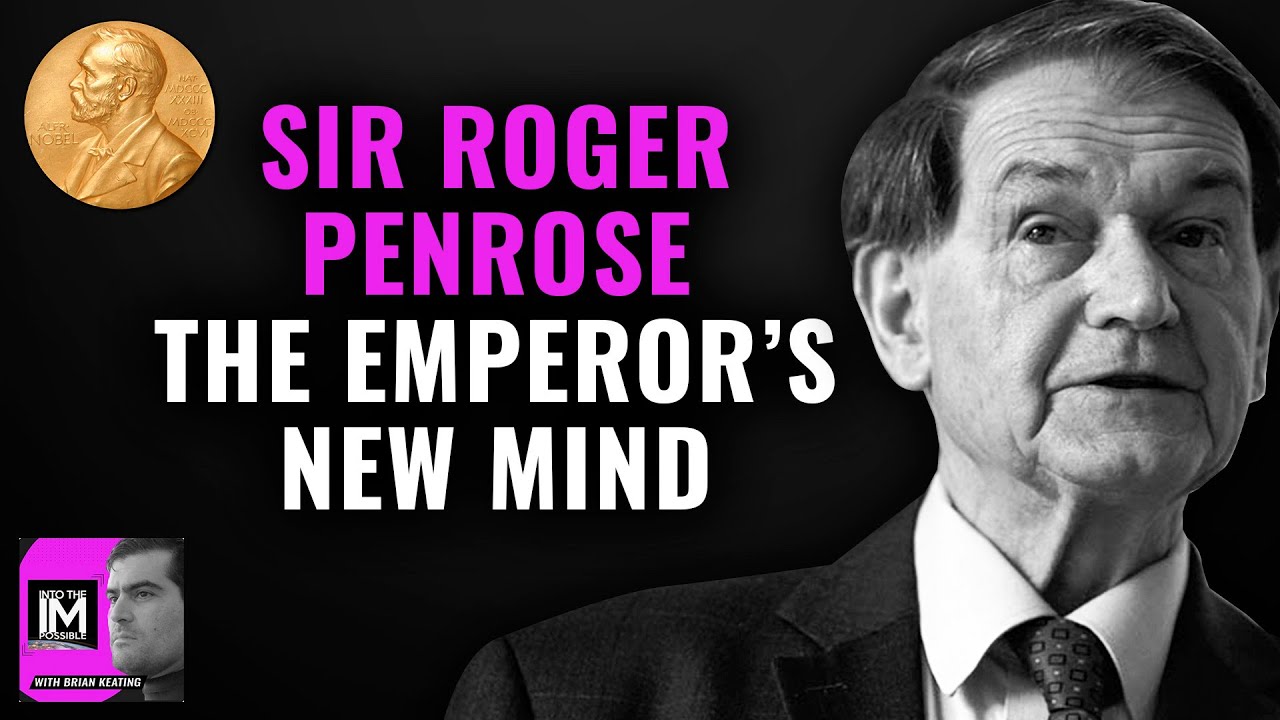In 1989, mathematical physicist Roger Penrose (who would later win the Nobel Prize in Physics in 2020 for his work on black holes), published The Emperor’s New Mind, in which he argued that attempts to create artificial intelligence using conventional digital computers were doomed to failure because no algorithm run on a deterministic computer can reproduce the processes of the human mind and the phenomenon of consciousness. He cites Gödel’s incompleteness theorem and Turing’s halting problem as illustrating fundamental limits of algorithmic computation which do not constrain the human mind’s mathematical insight.
Penrose makes the case that human consciousness and insight are likely the result of a quantum process which, later, he and anesthesiologist Stuart Hameroff, identified as likely taking place within the microtubules in neurons of the brain, via a process they called orchestrated objective reduction (Orch OR). These theories are explained in greater depth in Penrose’s 1996 book Shadows of the Mind.
Penrose is not arguing that there is something inherently different or supernatural about the biological substrate. If the brain is operating as a warm and wet quantum computer, a quantum computer built with other technologies should be able to replicate its function but, he argues, no conventional computer, however powerful and vast its storage capacity and despite the cleverness of its programmers, will ever develop consciousness or be able to replicate the non-algorithmic insight of the human brain.
